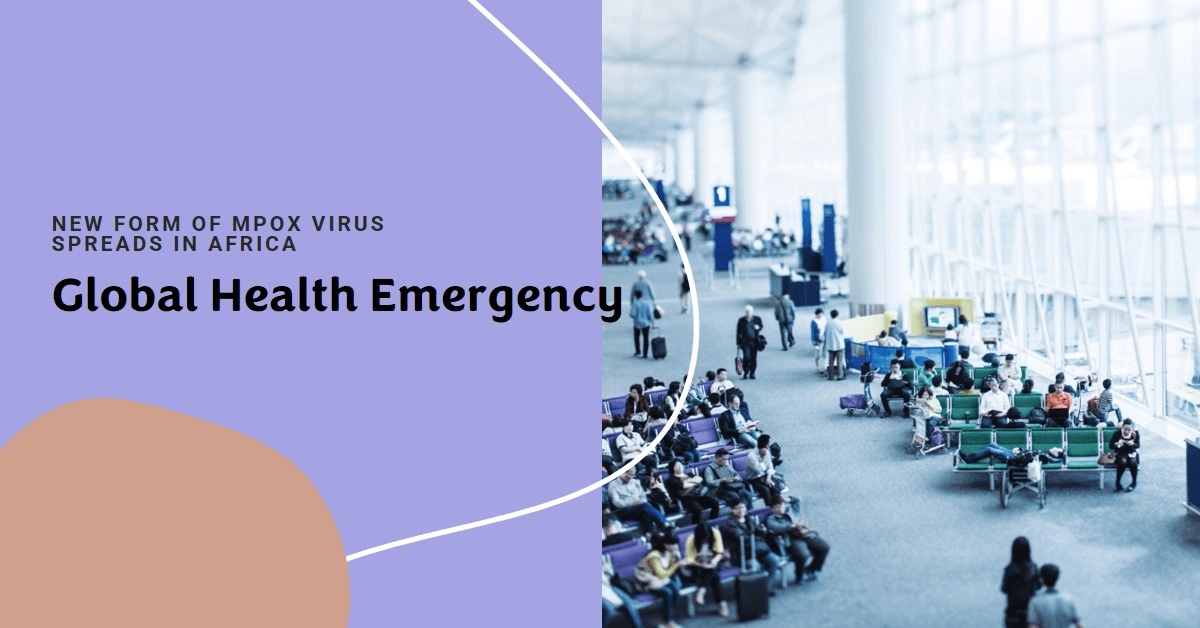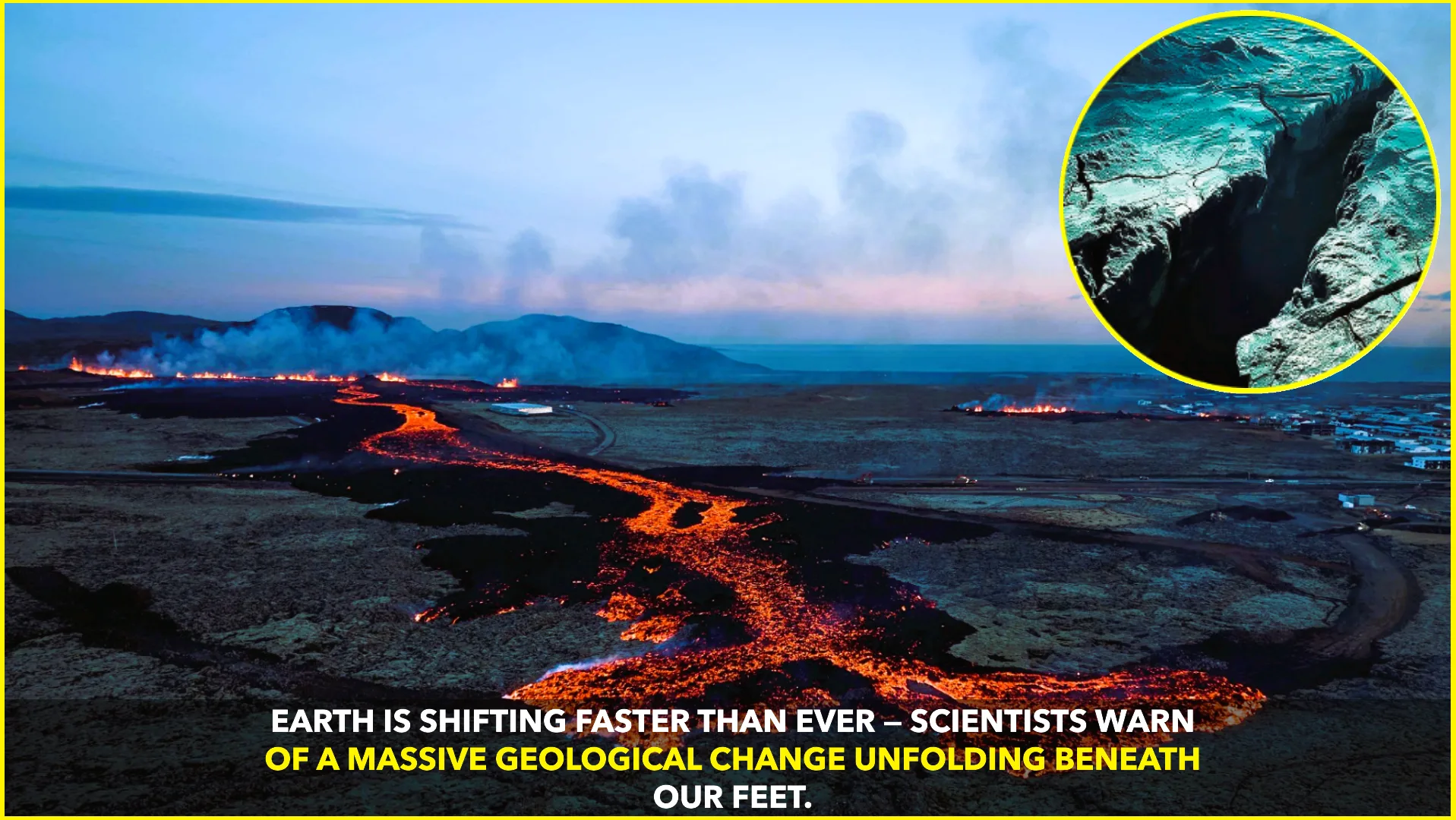In a world still grappling with the aftershocks of the COVID-19 pandemic, a new health crisis is emerging. The World Health Organization (WHO) has officially declared the ongoing mpox outbreaks in Africa a global health emergency, highlighting the serious threat posed by a new, more virulent form of the virus.
What is Mpox?
Mpox, formerly known as monkeypox, is a viral disease that primarily spreads through close contact with an infected person or animal, as well as through contaminated materials. While it shares similarities with smallpox, mpox is generally less severe. However, recent outbreaks have shown a worrying trend: a new strain of the virus is emerging, one that spreads more easily and causes more severe symptoms.
The Situation in Africa
Africa, particularly in its central and western regions, has long been familiar with mpox, but recent developments have alarmed health experts. The new strain of the virus has led to unprecedented outbreaks, with cases rising rapidly and spreading beyond the continent. Countries like Nigeria, the Democratic Republic of Congo, and Cameroon have been hit hardest, but the virus is not staying within borders.
Unlike previous outbreaks, which were more localized and controlled, this new wave has seen the virus spreading into urban areas and crossing into neighboring countries at an alarming rate. Health systems, already stretched thin by other challenges, are struggling to keep up.
Why the Global Health Emergency?
The WHO’s declaration of a global health emergency is not made lightly. It signals a recognition that the mpox outbreaks in Africa pose a significant threat not just to the continent, but to global public health. This new strain of mpox has demonstrated a capacity to spread more easily, evade previous containment strategies, and cause more severe illness, particularly in vulnerable populations.
The global health emergency declaration is a call to action for countries around the world to take mpox seriously, to step up surveillance, and to prepare for the possibility of the virus spreading beyond Africa. It also means mobilizing resources to support affected countries, ensuring they have the means to detect, treat, and contain the virus.
The Human Impact
Behind the statistics and the headlines are real people, families, and communities who are suffering. Mpox is not just a health issue; it is also a social and economic one. In many of the affected areas, the outbreak is causing significant disruption to daily life. Schools are closing, markets are empty, and fear is spreading as fast as the virus itself.
The WHO has emphasized the need for a coordinated, global response to ensure that the outbreak is brought under control. This includes not only medical interventions but also public health education to dispel myths and ensure that people understand how to protect themselves and their communities.
What Comes Next?
The world has learned hard lessons from the COVID-19 pandemic, and the response to the mpox outbreak will need to reflect those lessons. This means acting quickly, sharing information transparently, and ensuring that vaccines, treatments, and resources are distributed equitably.
Research into the new strain of the virus is ongoing, with scientists racing to understand how it differs from previous forms and how best to combat it. There is hope that with swift action, this outbreak can be contained before it becomes a global pandemic.
However, the WHO’s declaration is a stark reminder that in our interconnected world, no region or country is immune to the effects of an outbreak. It is a call for unity and action, not just in Africa, but across the globe.
Conclusion
The declaration of a global health emergency over the mpox outbreaks in Africa is a significant and sobering moment. It underscores the importance of vigilance, preparedness, and global cooperation in the face of emerging health threats. As the world watches and waits, one thing is clear: the time to act is now, before this new virus strain spreads further and causes more harm.
#epicinfinite #epicarticle #epicblog
What are your thoughts? Share them in the comments below.










